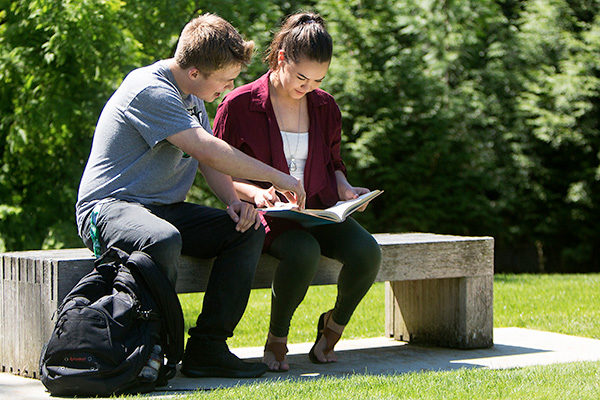“Students are the magic”–Melissa Pederson, school social worker.
Youth and young adults aren’t just the future of our communities. They are already leading, continuously showing up as resilient and creative truth-tellers with a clear vision for a more equitable future. We must support and co-create that vision so that all young people can live the lives they deserve. By failing to invest in the success of all youth, we suffer the loss of enormous potential.

At any given time, an estimated 14,000 young people between the ages of 16-24 in King County are not in school and not employed. Worse, students of color are pushed or pulled out of school at higher rates than their white peers. These disparities signal both systemic and structural racism.
In order to ensure all students truly do succeed, and to correct a long history of educational inequity that threatens to deepen, approaches to supporting students must re-center racial equity.
Students who leave school have just as much potential as those who stay, but the system fails them. Until classrooms can support the brilliance of all our young people, alternatives are and will remain necessary. One of those alternatives is Open Doors programs.
Reconnecting Youth and Open Doors

To both leverage state dollars and create a system where Open Doors reengagement programs supported youth, United Way launched the Reconnecting Youth initiative in 2015. It was created with the goal of supporting youth to reengage with their education and graduate.
Since United Way’s involvement began, the network has grown from three Open Doors programs to well over 20 reengagement programs in King County. Reconnecting Youth has contributed to engaging more than 17,000 young people, however, racial disparities persist. There is still work to be done supporting youth, especially students of color.
To facilitate stewardship of the work, United Way has created an extensive sustainability report that outlines the Reconnecting Youth work and how it can persist, including detailed overviews, program snapshots, analyses, a finance study and recommendations. This report can be downloaded as a PDF below.
In Their Own Words
In each of the four program snapshots in the full report, students were interviewed to get a glimpse into their experiences.
We partnered with two young people to source student interviews—Katerin Beukema, a recent high school graduate, and Marcia Ugalde, who graduated from Running Start in 2018. We would like to thank them for their instrumental work in contributing to the report.
Here, in their own words, are the experiences of students engaged in Open Doors programs throughout King County.
Listen
Career Link
Hear Khamaron’s story:
Hear Maria speak to adjusting:
Hear Jaylene talk about education interruptions while in foster care:
Hear Jaylene address the need for internship and job placement support:
Hear Jaylene speak about the differences in how education spaces can feel:
Federal Way Open Doors
Hear Joey’s story:
Hear Mark talk about balancing flexibility and structure:
Hear Kesiah on finding support, motivation outside of school:
Hear Kesiah speak to some pros and cons of the program:
Hear Mark contrast experiences between traditional school and the program:
Hear Mark share how organization and structure helps:
Southwest Education Center
Hear Julian’s story:
Hear Vivienne share how the size of the school matters for her, and share her future hopes:
Hear Vivienne talk about how her voice is heard:
Hear Vivienne on how the program has helped her:
YouthSource
Hear a YouthSource student’s story:
Hear Natalia share how individual attention has helped:
Recommendations
Doing right by opportunity youth of color is part of a larger commitment to reparations for Black, Indigenous and people of color (BIPOC) communities who have been most harmed by education systems and policy. Recognizing that Open Doors can play a role in reducing harm and building better support for students of color, below are a select few recommendations (the complete list can be found in the full report further down the page):
- Our top recommendation is to create a sustainable pathway for BIPOC community-based organizations (CBOs) to become Open Doors programs. Two supporting points (more are in the full report):
- BIPOC CBOs have the expertise in their own communities. United Way’s Racial Equity Technical Assistance report (PDF) supports this.
- BIPOC CBOs produce stronger results for students of color, as data from United Way’s Supporting Youth initiative (PDF) demonstrates.
- Create sustainable funding streams for critical social-emotional supports that enrich the learning environment.
- Utilize best practices for students of color, including restorative justice, trauma-informed practices and positive cultural identity frameworks.
- Fund programs for 12 months of the year rather than 10.
A complete list of recommendations to support youth reengagement programs can be found in the full sustainability report below.
The Full Reconnecting Youth Sustainability Report
The below report outlines the Reconnecting Youth work and how it can persist, including detailed overviews, program snapshots, analyses, a finance study and a complete list of recommendations.
Data on youth reengagement programs in King County can also be found in this report.
